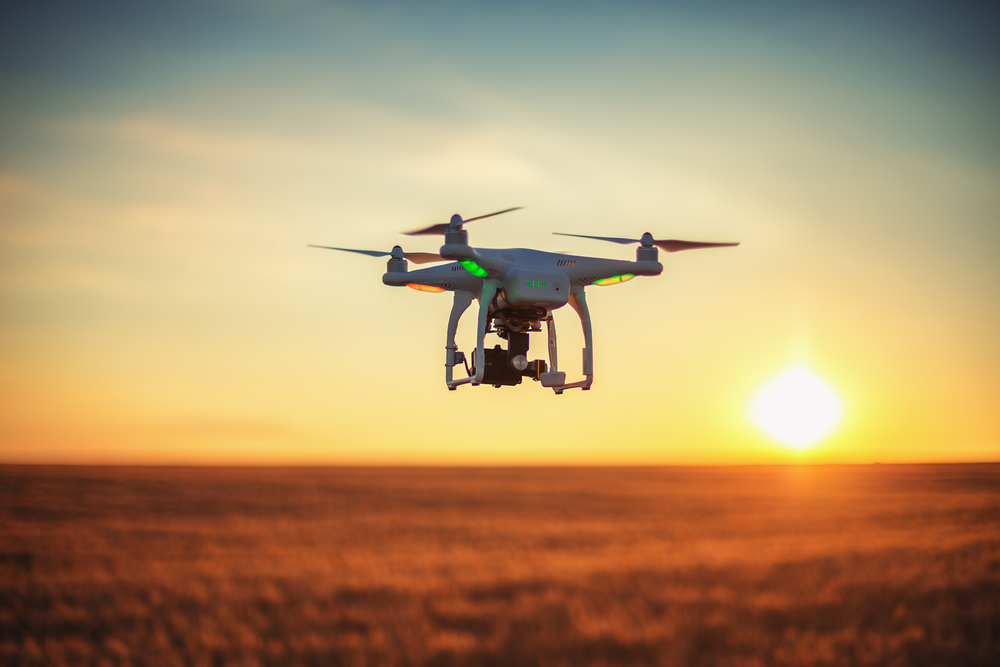A Japanese agricultural startup has developed technology that uses artificial intelligence to assess the growth and potential of spinach seedlings, aiming to reduce food loss by increasing yields and efficiency.
Tokyo-based Farmship developed the technology with Pi Material Design, an information science startup that originated from the University of Tsukuba in Ibaraki prefecture.
The AI system has two parts. The first uses photographs to estimate the height, width, and weight of seedlings grown in plant factories. The other predicts future growth using an index developed by Farmship.
The first eliminates seedlings that are obviously not growing well, and the other narrows down the remaining seedlings to only superior ones, making harvesting easier.
In trials, the ratio of seedlings that grew properly increased to 80%, from 54% using standard methods. This corresponds to a 17% harvest increase.
The company plans to improve the culture medium, watering method, and other factors to reduce seedlings growing poorly.
The trial system had people photograph the seedlings and replant them, but Farmship aims to automate the process with robots within two years and market the system to vegetable factories to be built in the future.
Expectations are high that vegetable factories — indoor facilities which typically have vertical farming systems — will help stabilize supply and improve quality, but there are concerns about cost, about a third of which is labor. Sorting seedlings is the second-most time-consuming task after harvesting.
Sorting accounts for about a twelfth of the cultivation cost at a plant factory, according to Farmship. Spinach seedlings need to be replanted twice while they are growing.
Currently, lettuce is the most commonly produced vegetable at plant factories. Farmship chose spinach for this trial because its unit price is relatively high and demand for cultivation in vegetable factories is expected to increase.
The company says its system could be adapted to other leafy vegetables, including lettuce, by changing the data set for the AI model. It is also aiming to shorten growing periods using AI.
Farmship developed this technology as part of a larger project with the government-backed New Energy and Industrial Technology Development Organization. Farmship developed AI that estimates the market price and weight of vegetables in that project. The company aims to link those results with the seedling technology to combat food loss.
The current domestic Japanese market for vegetables grown in plant factories is JPY 20 billion to 30 billion (USD 153 million to 230 million). The global market for plant factory equipment and systems will grow significantly, reaching USD 172.5 billion in 2026, according to research company Global Information.
This article first appeared on Nikkei Asia. It has been republished here as part of 36Kr’s ongoing partnership with Nikkei.

